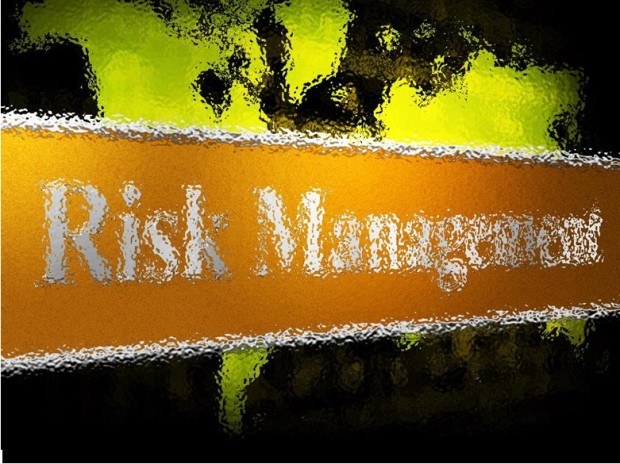The financial crisis spurred a wave of new regulatory proposals at the state, federal and international levels. Many of the new ideas in insurance supervision offer extremely promising ways to foster greater cooperation among global supervisors, heightened understanding of the true risk profile of a global insurer and, ultimately, better supervisory outcomes.
Executive Summary
An international capital standard proposed by the IAIS is misguided and impractical in the view of ACE Group's Patricia Henry and Sean Ringsted. Insurers rarely fail because they are undercapitalized, they note, explaining why it is misguided. The article also outlines practical considerations, including the unlikely adoption in 50 U.S. states and the specifics of a potentially distorted view of financial strength through the use of a flawed market-adjusted valuation method for assets and liabilities. Global regulatory efforts are best focused on qualitative improvements to insurance supervision, the authors conclude.The concept of group supervision, for example, ensures that supervisors of global firms do not view risks in different jurisdictions in isolation but instead analyze risk concentrations across the group and between affiliates. Other promising new tools are the Own Risk and Solvency Assessment (ORSA) and the supervisory college.
The time is right for a collective effort by industry and regulators to refine and advance these tools.
Unfortunately, that is not happening. Rather than advancing promising supervisory tools, the International Association of Insurance Supervisors (IAIS) has spent the last three years pursuing the idea that a global group capital standard is the solution to avoid the next financial crisis. Around the world, supervisors have been intensely focused on developing a groupwide, consolidated, risk-based insurance capital standard for so-called global systemically important insurers (G-SIIs) and internationally active insurance groups (IAIGs).









































